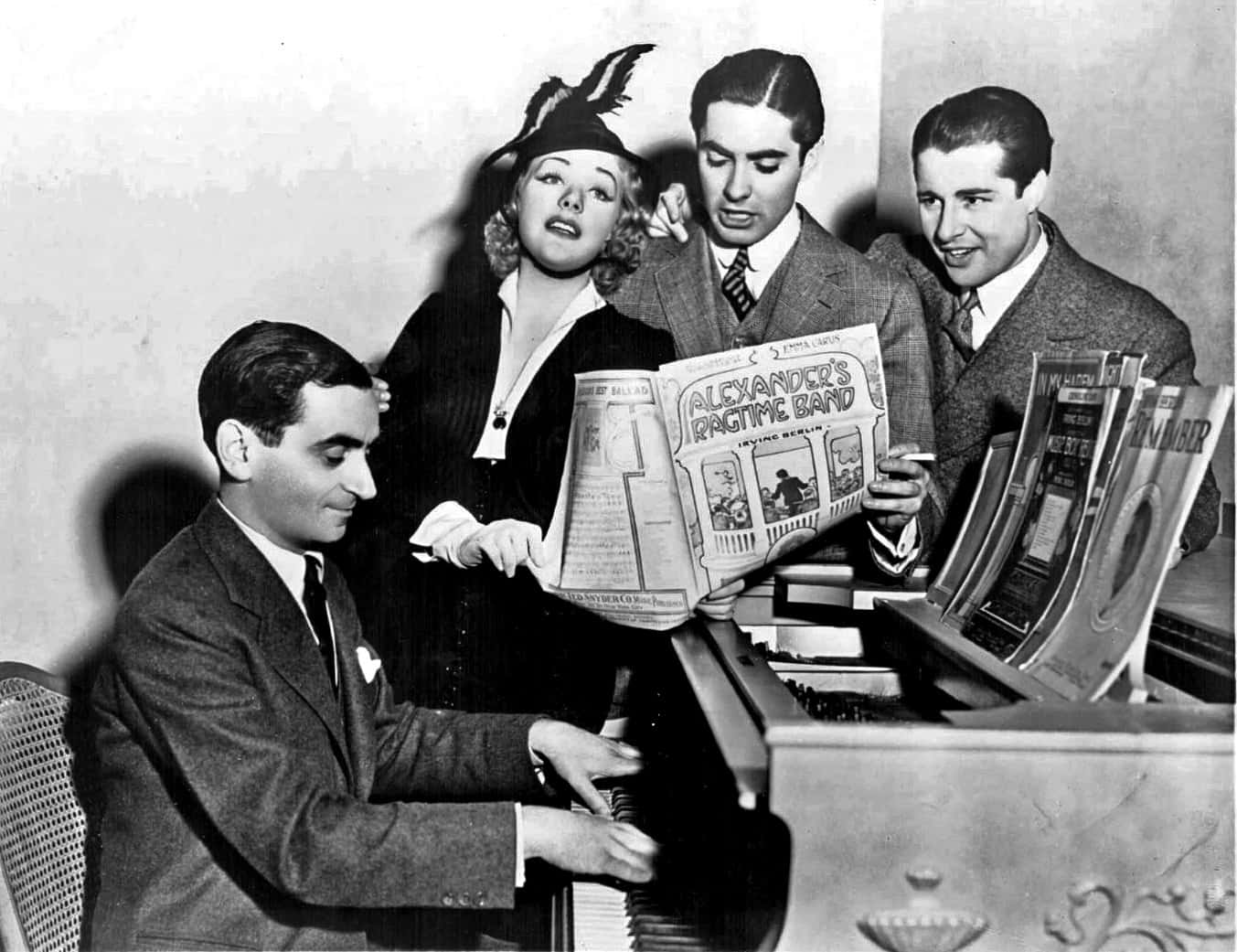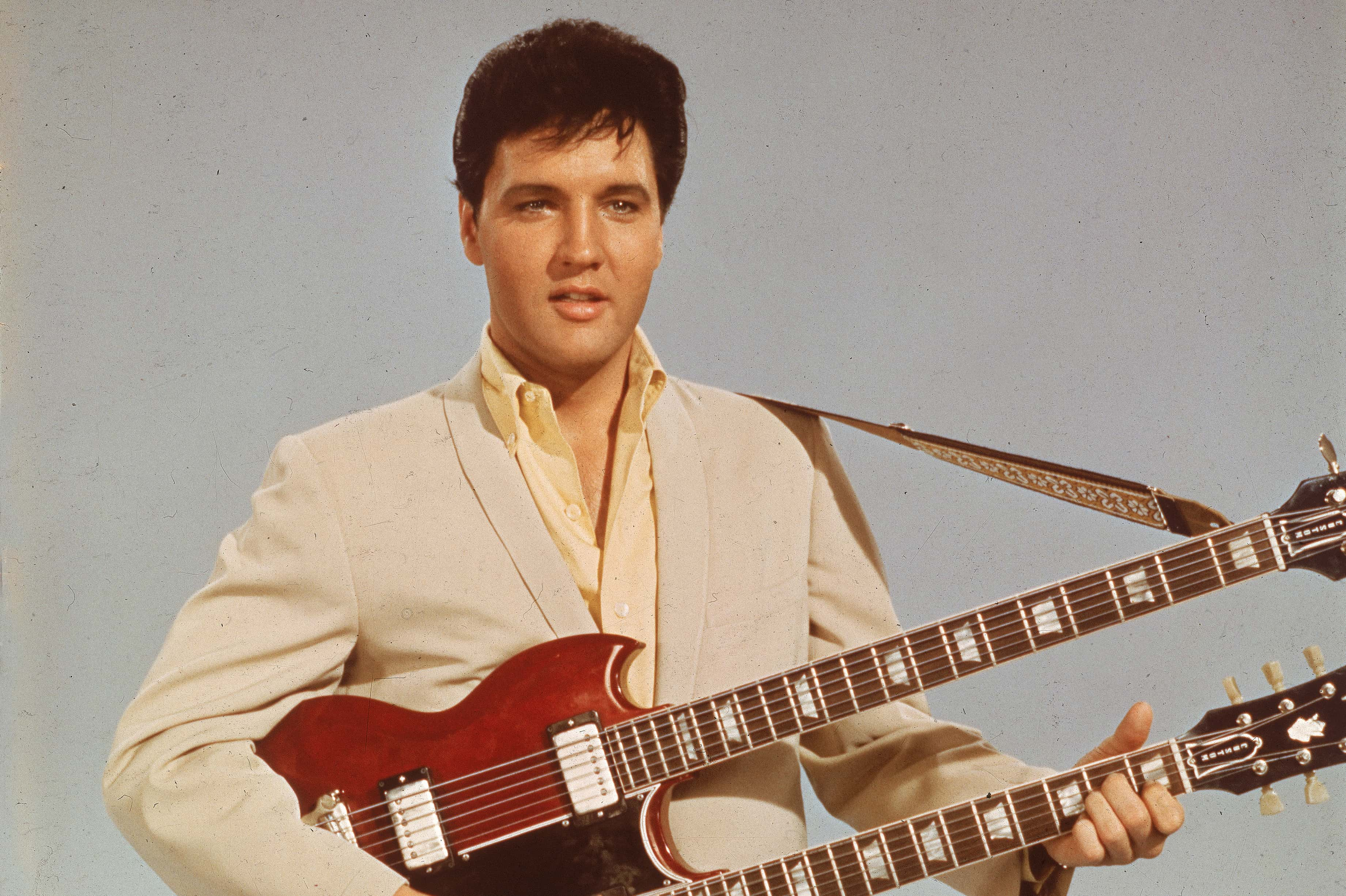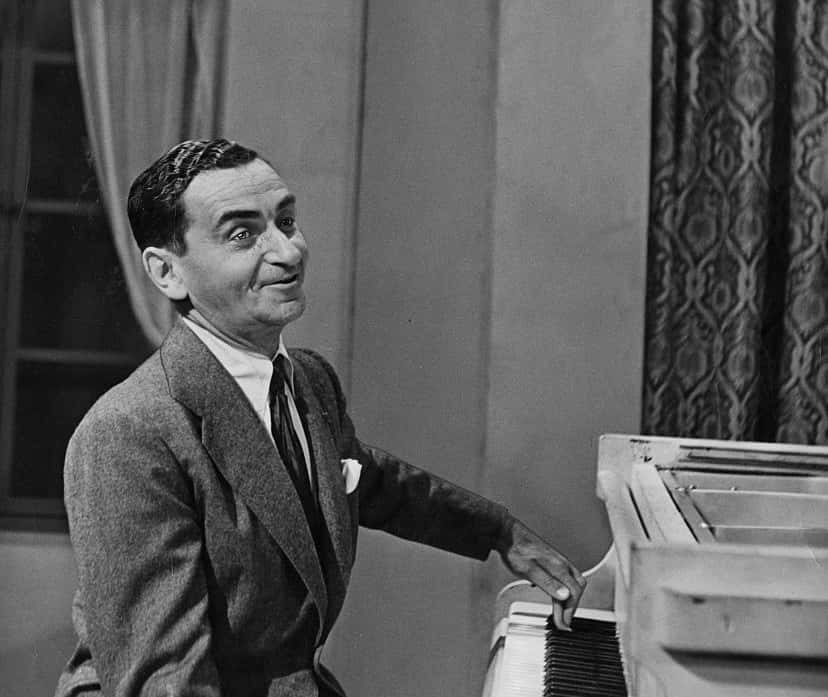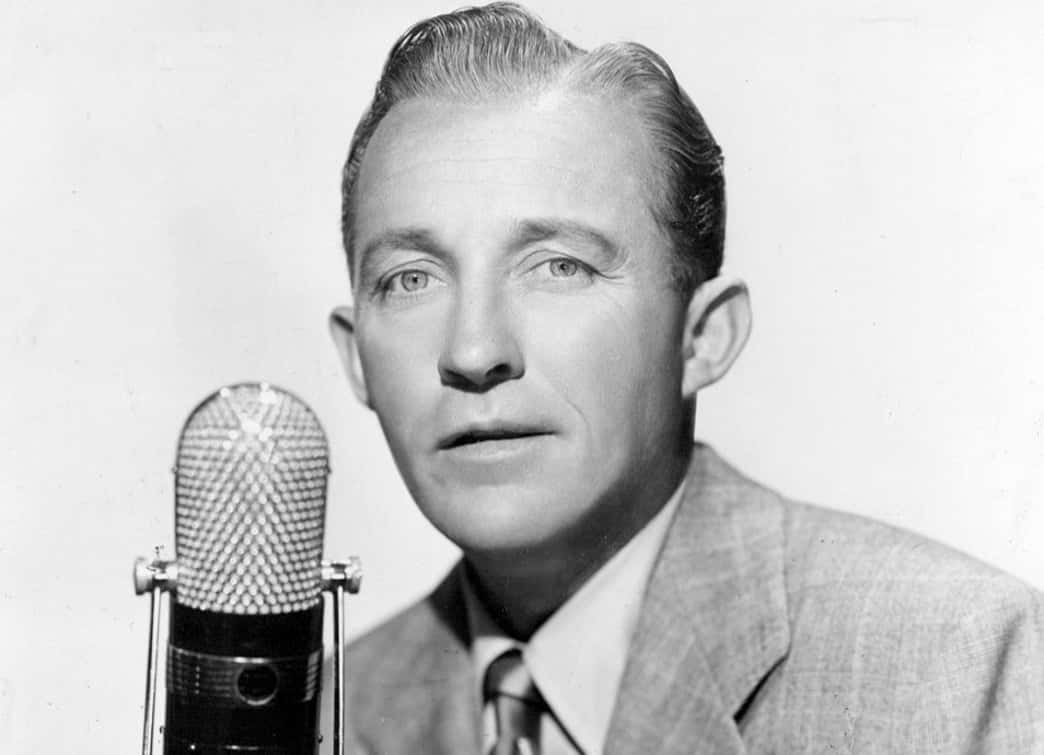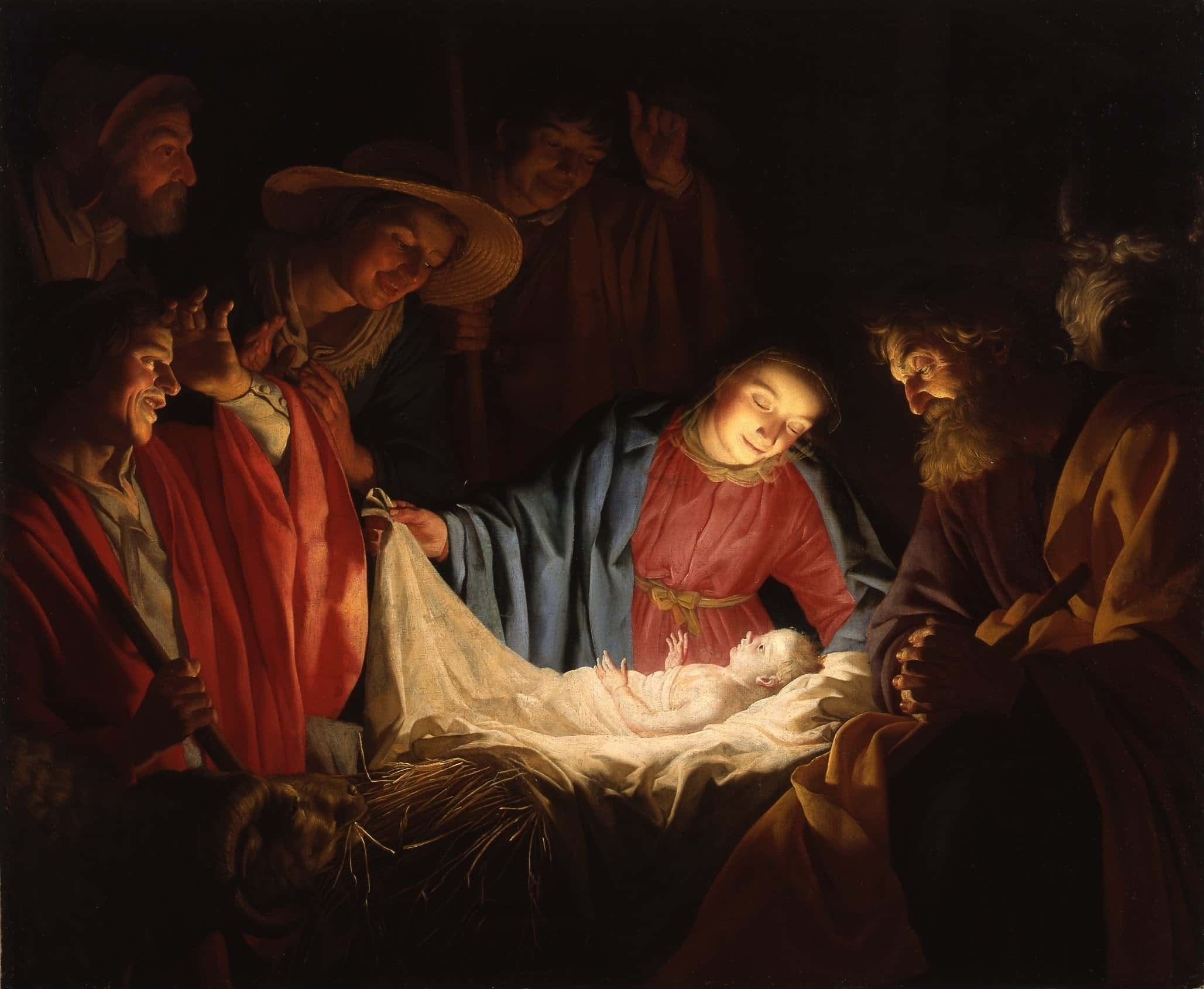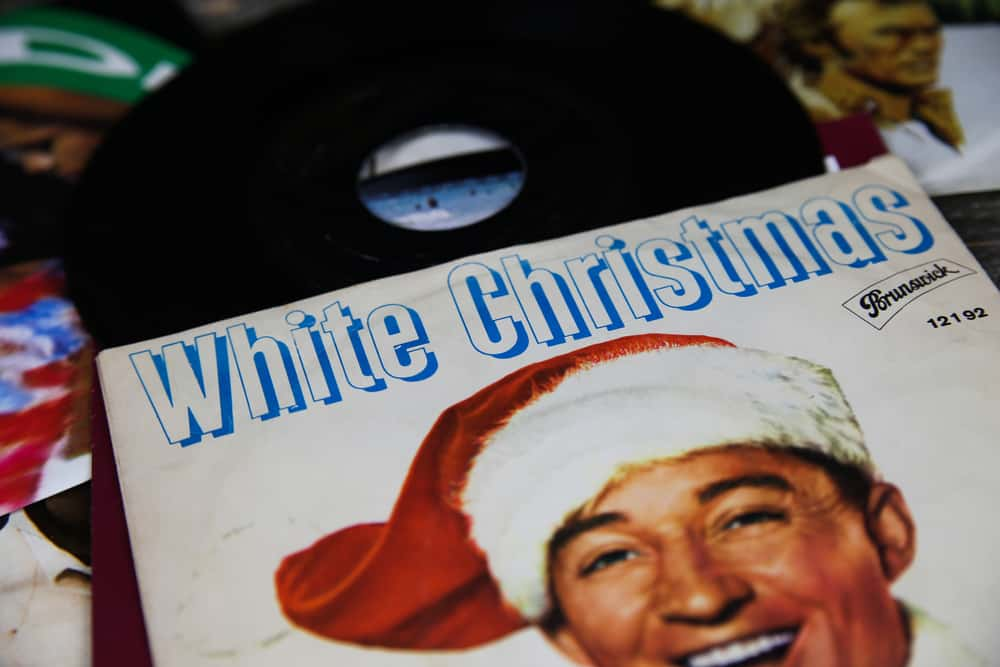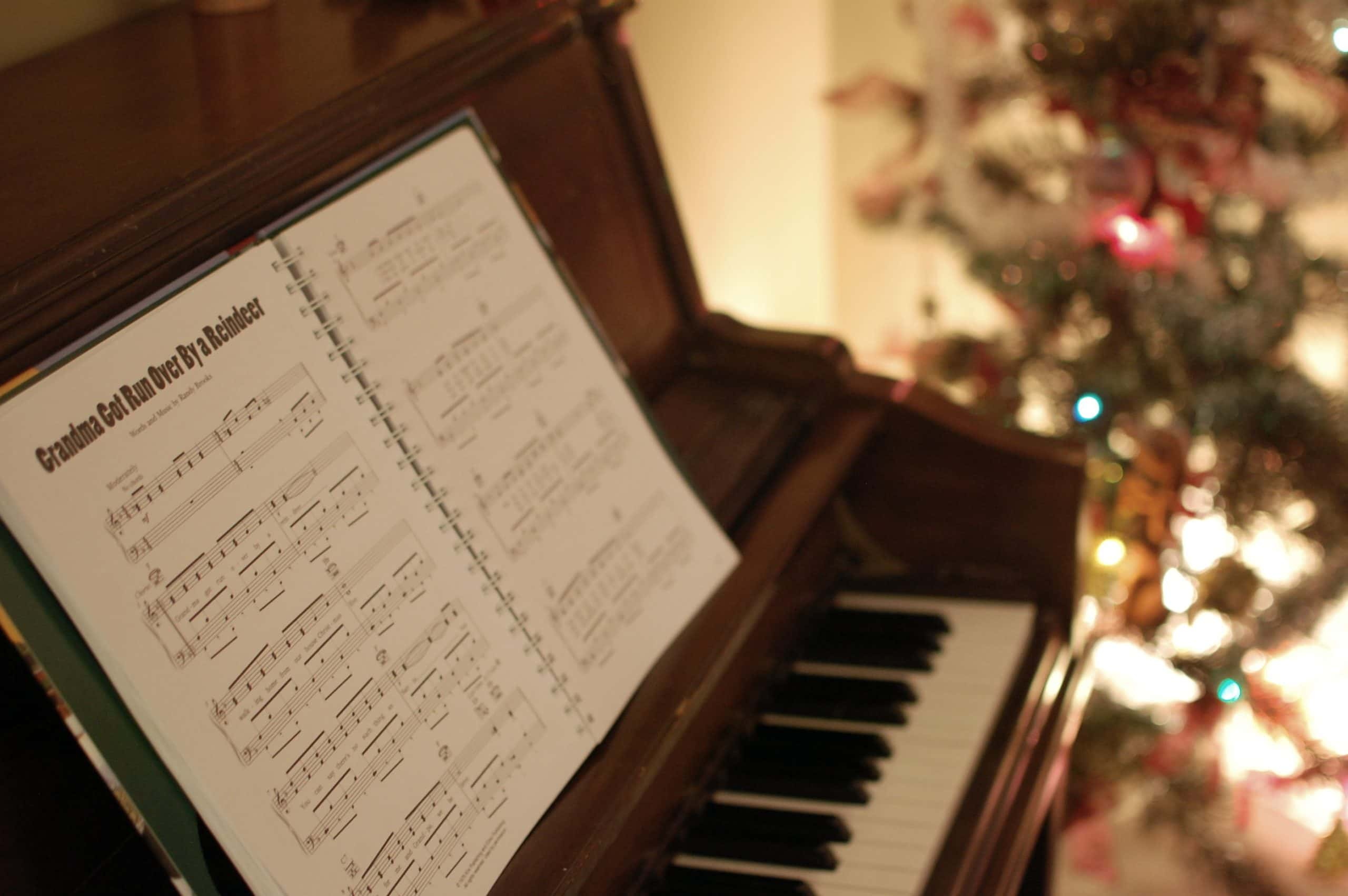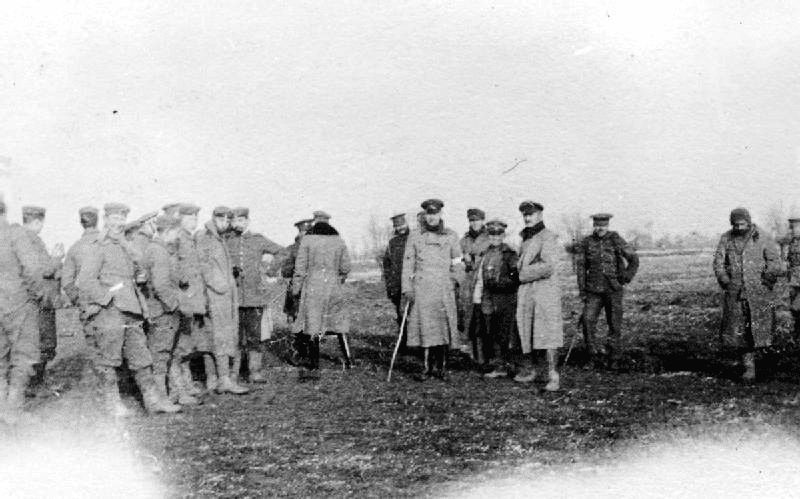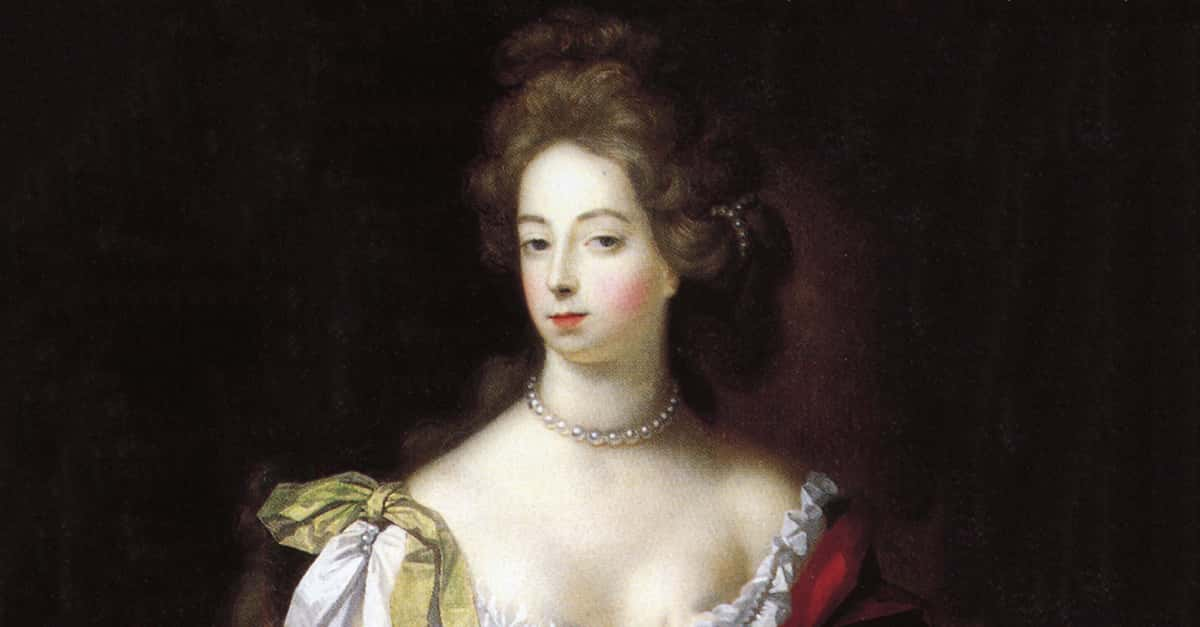There’s no time quite like the holiday season, and music is a very big reason for that. However, despite the common image of holiday songs as a family-friendly and a positive form of entertainment, many of these now-classics have origins, histories, or associations that are anything but. From the shocking to the confusing, here are surprising facts that will forever change the way you view your favorite holiday songs.
1. This Song Didn't Value Its Co-Writers
The music company that published “Santa Claus Is Coming to Town” got into very hot water. On two separate occasions, the families of both its co-authors sued them for neglecting to pay close to a million dollars in royalties. Sounds like some companies belong on the naughty list.
2. "Jingle Bells" Is A Lie
Despite many considering it the quintessential Christmas song, “Jingle Bells” is actually about the holiday of Thanksgiving.
3. A Christmas Classic Has A Scandalous Past
"Jingle Bells” has a not-so family-friendly history. A 19th-century minstrel show originally performed it as part of a blackface act.
4. Rudolph Is A Corporate Shill
The character of “Rudolph the Red-Nosed Reindeer” is cute, but he's also a lie. Rudolph was originally part of a department story marketing campaign. Its purpose? To get kids into a coloring book. Ah, heartless consumerism! Isn’t that what the holidays are all about?
5. A Song-Writing Legend Was A Huge Grinch
Christmas songwriter Irving Berlin so despised Elvis Presley that when the King recorded a hit version of Berlin's song “White Christmas,” Berlin went out of his way to try and convince radio stations to boycott the recording.
6. A Singer Had A Black Christmas
Irving Berlin, that legendary songwriter who authored the holiday classic “White Christmas,” lost his wife after just five months of marriage; she had caught typhoid fever during the couple’s honeymoon.
7. A Christmas Crooner Was A Bad Man
Bing Crosby, the iconic crooner who sang “White Christmas” and other holiday classics, may have been a rough guy. Indeed, his own son accused him of mistreatment. At times, Crosby allegedly even beat his kids to the point of drawing blood.
8. Songs Can Be Dangerous
We don't often hear Christmas songs out of season, but would it really be that big a deal if we did? Well, apparently to some people, it would! A Pittsburgh man was detained in March 2019 for trying to choke a driver while coasting down the highway with him. His motive was disturbing. He was angry that the driver was singing Christmas songs when it was almost spring.
9. A Classic Got Rewritten
The classic Christmas song “Baby, It’s Cold Outside” came under fire in recent years for its lighthearted attitude towards non-consensual romantic behavior. In the era of #MeToo, some people have found the lyrics so disturbing that a Minnesota couple created an alternative “consent version” of the song—replacing the famous title line with “Baby, I’m Fine With That.”

Sign up to our newsletter.
History’s most fascinating stories and darkest secrets, delivered to your inbox daily. Making distraction rewarding since 2017.
10. Christmas Has A High Price
PNC Bank maintains a “Christmas Price Index.” The index measures the state of the economy each year, calculating the hypothetical real-world cost of purchasing every single gift the song “The Twelve Days of Christmas” mentions. As of 2020, the total cost is estimated at roughly $16,168.14
11. One Song Had Just 15 Minutes Of Fame
Mariah Carey wrote her classic song “All I Want For Christmas Is You” from start to finish in less than 15 minutes.
12. The Most Controversial Tune In The UK
In the United Kingdom, the song “Fairytale of New York” holds the title of most-played holiday track. Despite its popularity, a multitude of radio stations over the years have banned the song for its colorful use of several offensive terms.
13. A Fairy Tale Turned Into A Nightmare
Kirsty MacColl, the singer who sang the female lead on the popular British Christmas song “Fairytale of New York,” met a heartbreaking end. She perished in a tragic boating accident while on vacation in Mexico with her family. She died jumping in front of an oncoming boat to save her young son, who was about to get hit.
14. A Family Favorite Has A Hot History
Perhaps no song captures the feeling of the season better than “The Christmas Song,” AKA “Chestnuts Roasting on an Open Fire.” Ironically, the song was actually written in the midst of a summer heatwave.
15. One Man Was Responsible For Many Hits
Many popular 20th-century Christmas songs, including “Holly Jolly Christmas,” “Rockin’ Around the Christmas Tree,” and “Rudolph the Red-Nosed Reindeer” were all written by a man named Johnny Marks. What’s so noteworthy about that, you ask? Only that Marks was Jewish and, as a result, did not actually celebrate the holiday of Christmas himself.
16. "Do You Hear What I Hear" Has A Double Meaning
Despite appearing on the surface to recount the birth of Jesus, the Christmas song “Do You Hear What I Hear?” was actually a political message about the Cuban Missile Crisis of 1962.
17. Caroling Is A Pagan Ritual
The practice of caroling ahead of a winter holiday is not actually Christian in origin—it originates from the ancient pagan festival of Saturnalia.
18. Caroling Was Once Banned
Throughout the ages, many Christian leaders have condemned the practice of caroling for various reasons. For example, 17th-century Calvinist leaders in Scotland imposed a fine on anyone caught engaging in this “filthy” ritual.
19. Christmas Makes An Eye-Popping Amount Of Money
Although interest in Christmas music usually only lasts for a few weeks each year, Bing Crosby’s 1942 recording of “White Christmas” is the number one best-selling song of all time.
20. There Was A Merry Little Lawsuit
While the writing credits for the song “Have Yourself a Merry Little Christmas” have always been shared by Ralph Blane and Hugh Martin. Still, the truth may be much different. Martin later claimed to have written both the words and music completely by himself. Martin said that the only reason Blane’s name was next to his was because of his own poor business and negotiation skills.
21. Veterans Love "I'll Be Home For Christmas"
The song “I’ll Be Home for Christmas” served as an anthem of sorts for members of the American armed forces during WWII, as it reminded them of their lives back home and inspired dreams of returning someday.
22. The Very First Christmas Carol
According to some accounts, the first song to ever be played over the radio was the Christmas carol “O Holy Night,” as part of Canadian scientist Reginald Fessenden’s experimental Christmas Eve broadcast in 1906.
23. "Hark The Herald Angels Sing" Isn't Religious At All
Although the lyrics we know it for today depict the birth of Jesus, the composer of the carol “Hark the Herald Angels Sing” originally intended to honor Johann Gutenberg, the inventor of the printing press.
24. The Writer Of "White Christmas" Loathed The Holiday
Despite the fact that millions of people celebrate the holidays with his uplifting songs, Christmas was actually a very sad time each year for the family of Irving Berlin, the author of “White Christmas” and many other classics. It all stemmed from an enormous tragedy. Berlin’s son, Irving Jr., passed on Christmas Day, when he was just three weeks old. From that time on, Christmas was a day of sadness in the Berlin household.
25. "Jingle Bells" Went To Outer Space
The first song ever to be played in outer space was “Jingle Bells,” which was played by two astronauts on the harmonica and bells during a 1965 mission.
26. "Silver Bells" Has A Naughty Backstory
The song “Silver Bells” was originally going to be called “Tinkle Bells” until the author’s wife pointed out that people could misinterpret "tinkle" as slang for urination.
27. One Song Is Actually A Jewish Hymn
In a rare case of holiday-ception, the Christian hymn “Rock of Ages” is actually a translation of a traditional Jewish Hanukkah hymn, “Ma’oz Tzur.” So if you’re looking to be more inclusive at your next holiday party, maybe this is the song to pick.
28. There’s A Little Bit Of Truth In Every Joke
Although it's a popular holiday standard, the song “Grandma Got Run Over by a Reindeer” was originally written as a joke.
29. A Christmas Composer Had Jewish Origins
Despite its very Christian subject matter, the composer of “Hark the Herald Angels Sing,” Felix Mendelssohn, was the grandson of the prominent Jewish philosopher Moses Mendelssohn.
30. The Covers Don't Stop For This Song
More than 220 professional artists over the past 60 years have recorded covers of “The Little Drummer Boy.”
31. "White Christmas" Is Sloppy Seconds
Irving Berlin wrote the now legendary “White Christmas,” but it wasn't supposed to be the hit it became. He originally created it for a Broadway show that soon went kaput. Subsequently, when producers needed a Christmas song for the Bing Crosby film Holiday Inn, they recycled the old song—and the rest, as they say, is history.
 Holiday Inn (1942), Paramount Pictures
Holiday Inn (1942), Paramount Pictures
32. "White Christmas" Was In A Top-Secret Operation
“White Christmas” might seem like just a harmless, heartwarming song, but at times it has actually been much more than that—during the Vietnam conflict, the song was a code to secretly signal to the American troops when it was time to evacuate.
33. One Song Is At The Center Of A Centuries-Long Mystery
No one is sure exactly who first wrote the song “O Come, All Ye Faithful." At various points, people have credited John Francis Wade, John Reading, Portugal’s King John IV, and even anonymous monks. At least we can confidently say that a guy with the name "John" probably wrote it.
34. The Church Took The Fun Out Of Christmas
Most of today’s most famous religious Christmas carols are from the 19th century. During this time, people made a concerted effort to tone the holiday down from the rowdy and boisterous affair it was into something calmer and more family-friendly, thus producing somber and pious songs.
 Unsplash
Unsplash
35. "Fairytale of New York" Is The Result Of A Bet
According to Pogues’ lead singer Shane MacGowan, the group’s hit Christmas song “Fairytale of New York” came about from a bet with Elvis Costello that the band could never pull off a successful holiday hit. You lost that one, Elvis.
36. A Carol Saved Christmas
On a cold Christmas eve in the midst of WWI, soldiers from the opposing British and German armies managed to temporarily set their differences aside and come together in song. It happened when some of them overheard the mutually familiar Christmas carol, “Silent Night” being sung. But most people don't know the end to the story. Sadly, the peace was brief, and the men resumed attacking each other shortly after.
37. There's A Famous Voice Behind "You're a Mean One, Mr. Grinch"
Did you ever sense something strange yet familiar about the voice that sang “You’re a Mean One, Mr. Grinch” in the classic film "How the Grinch Stole Christmas?" If so, you’re not crazy. Boris Karloff, the actor of Frankenstein fame who narrated the Dr. Seuss classic, was a great speaker...but not a great singer. So, the producers of the film got Thurl Ravenscroft to sing the now-famous song.
Although that name probably means nothing to the average person, the voice certainly does—Ravenscroft was also the voice of none other than Tony the Tiger.
38. "Deck The Halls" Is Welsh
The tune for the song “Deck the Halls” comes from a centuries-old Welsh folk song about New Year’s Eve.
39. One Small Carol Produced A Big Misunderstanding
The Roman Catholic Church banned the song “I Saw Mommy Kissing Santa Claus.” In order to lift the ban, the author had to personally meet with church officials to explain that the Santa Claus in the song was Mommy’s husband.
40. One Song Is A Veiled Threat
The original lyrics to “We Wish You a Merry Christmas” have a verse that went “We won’t go until we get some.” Back in the day, aggressive and sometimes violent carolers used this line to intimidate wealthy homeowners into giving them gifts of food or money.
41. "Baby, It's Cold Outside" Is Controversial In More Ways Than One
Believe it or not, the recent controversy over the song “Baby, It’s Cold Outside” is not the worst chapter in the song’s history. Sayyid Qutb, a religious extremist whose writings inspired the rise of al-Qaeda, first began to hate American culture when he heard this very song playing at a Colorado dance.
Sources: 1, 2, 3, 4, 5, 6, 7, 8, 9, 10, 11, 12, 13, 14, 15, 16, 17, 18, 19, 20, 21, 22, 23, 24, 25, 26, 27, 28, 29, 30, 31, 32, 33, 34, 35, 36, 37, 38, 39, 40

